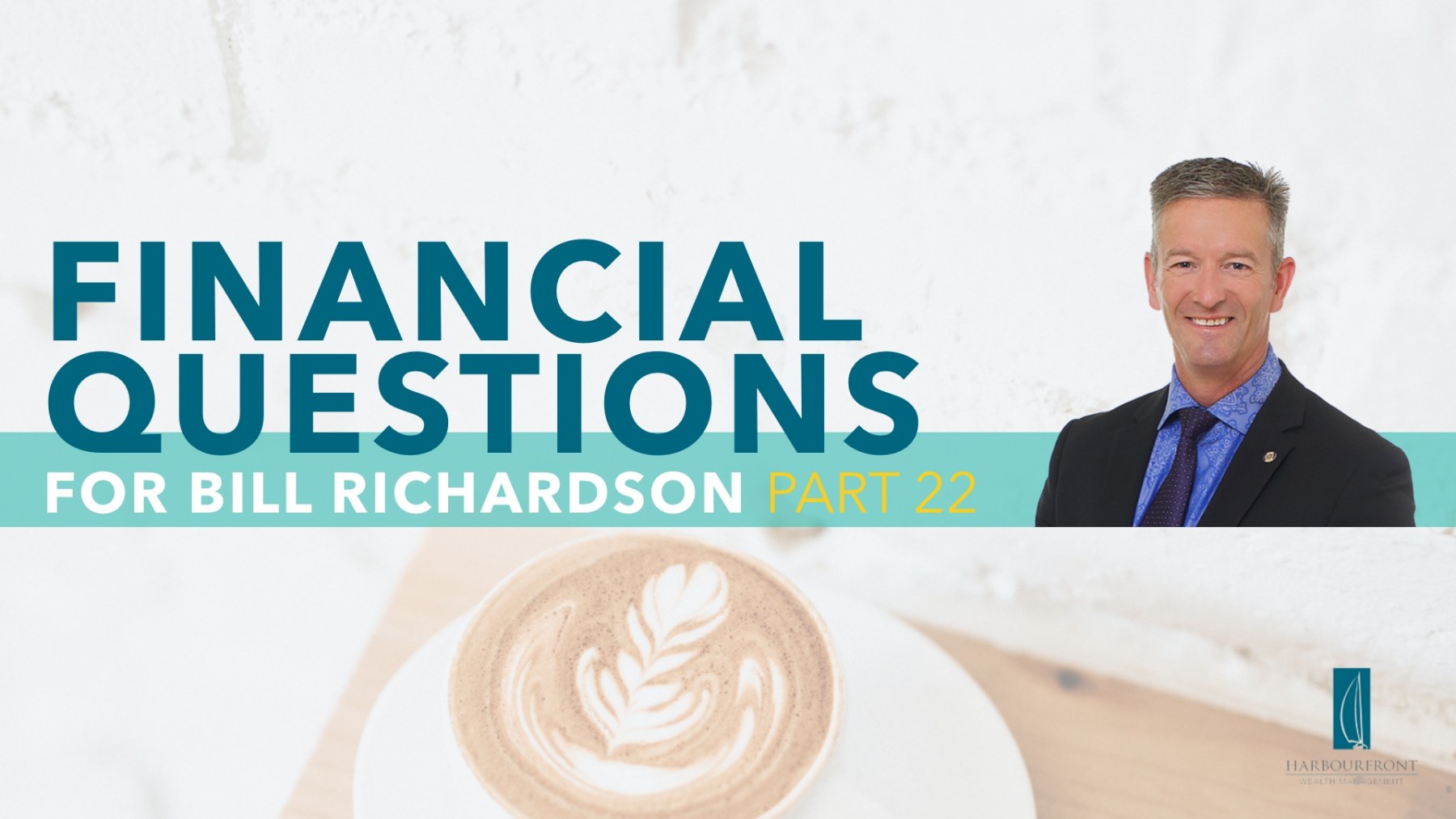Financial Questions for Bill Richardson Part 22
Good Morning. I actually only have two questions to tackle this month!
Question 1: I have been reading about stock market cycles and I keep hearing about the “October Effect”. The markets had a rough few days in early September during which the S&P 500 dropped over 4%. Was this decline a signal that we should start positioning ourselves for another bad October?
“The October effect is a perceived market anomaly that stocks tend to decline during the month of October. The October effect is considered mainly to be a psychological expectation rather than an actual phenomenon as most statistics go against the theory. Some investors may be nervous during October because the dates of some large historical market crashes occurred during this month.” Source: Investopedia
To address this question and use current information (since December 31, 1999), I looked at monthly returns for the S&P 500 as this is a current and broad enough database. Instead of using price returns, I used total returns (including dividend payments).
The worst calendar month in the 2000s has been September with an average loss of 0.77%. October has been a relatively good month, averaging 0.99% but it was the worst month of the year in 2008, having lost 16.5%.
Every month has been the worst month during the 2000s and surprisingly, no month was the worst month more than once.
There are lots of theories and investors often spend more time trying to avoid bad months than trying to stay in positive equity market trends driven by earnings growth or analyzing to see if stocks are trading at reasonable prices. During periods of strong earnings growth, as we are experiencing, there may be negative months or periods, but markets generally snap back quickly, unless there is a catastrophe or a major financial event. Both are impossible to predict.
To address the 4% drop, the S&P 500 is up almost 300% over the past 10 years, or 14.67% per year over that period. To achieve this kind of return, or even a more moderate return in the 8% per year range, there will be volatility and negative return periods. If you have a minimum timeframe of over 5-years, equities should be a good asset class to have in your portfolio.
Source: www.ycharts.com
Question 2: We’ve experienced very strong housing markets in Canada over the past few years. Some people say “The only real money is in real estate”. How have stock markets performed vs. Canadian real estate?
Real Estate has been a great investment for many years, and this has accelerated recently. Real Estate is driven by supply and demand and interest rates. As interest rates have declined, real estate prices have risen as lower financing costs make houses more affordable.
Many people may be surprised that annual returns between Canadian stocks, US stocks, Canadian and Toronto real estate prices have been very similar since 2000. The S&P 500 in Canadian Dollars leads the way with an annualized return of 8.09%, followed by the TSX Composite (Canadian stocks) at 7.99%. Toronto housing prices have risen by 7.38% and Canadian housing prices at 7.04%.
So even though housing prices have been so strong, they are slightly lower than those of the major stock indices. This leads to a natural question. “Why has it felt like we’ve made more money in real estate than our stock portfolio?”
The simple answer is leverage. When you bought your house for $250,000, you may have put down $50,000 and took out a mortgage for the balance. So, if your house value rises to $300,000, you have doubled your money, minus your financing costs, of course. Let’s say your house rose in value by $50,000 in 2-years and you had a mortgage at 3%, you would have paid $12,000 in financing costs. Still a great investment.
You could have done the same with stocks, but most people are not so comfortable doing this trade. The house purchase had advantages such as it was your principal residence, and you understand owning a house vs. investing in Apple stock. The other factor is that you can watch the stock price rise and fall on a daily basis and if it drops 10%, you are going to get a margin call and have to come up with more money. It’s unlikely the bank calls if your house value dropped by 5 to 10% as the data is not so publicly available.
At the end of the day, stock prices and real estate are relatively correlated, meaning they will rise and fall at the same time. Sometimes real estate will perform better and sometimes stocks will but over time, it is reasonable to assume that the returns will be similar.
If you apply the same level of worry as you do to your house or cottage to your investment portfolio, you will sleep and perform better.
Source for real estate data: www.housepriceindex.ca
Source for stock market data: www.ycharts.com
Until next time, have a great day!
Bill

